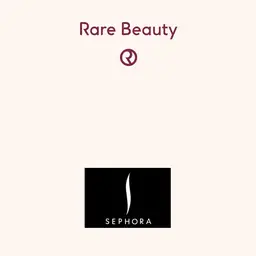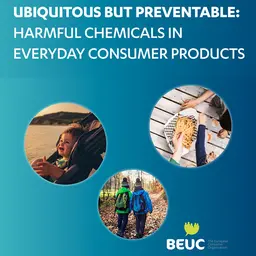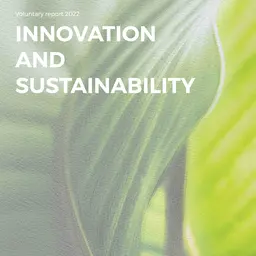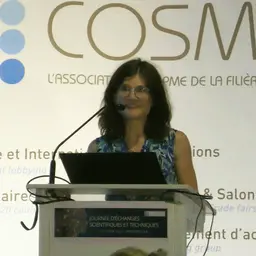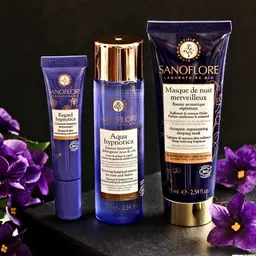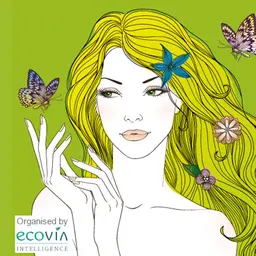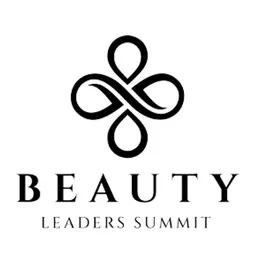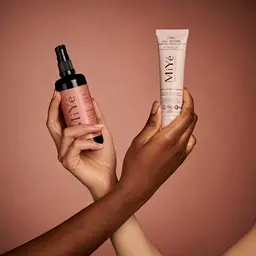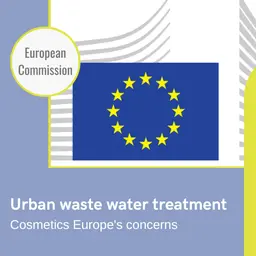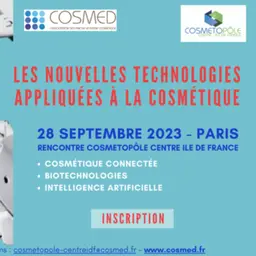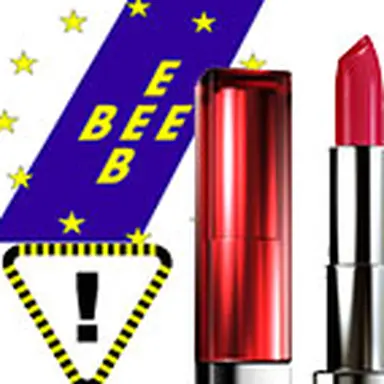
The European Environmental Bureau (EEB), federation of environmental citizens’ organisations working for the protection of our environment, denounces a recommendation issued by the European Chemicals Agency (ECHA). If validated, a carcinogenic compound may continue to be used in lipsticks and perfumes caps.
EEB's Press Release
Fashionable cosmetics more important than health for European Chemicals Agency.
ECHA, the European Chemicals Agency, recently recommended that EU companies are allowed to carry on using chromium trioxide in lipsticks and perfume caps and for other decorative uses, despite research showing that this chemical can cause cancer.
Chromium trioxide is used in cosmetics and other decorative items for cars, furniture and household products to give them a fake metallic look.
[Editor's note: Note that this substance is banned in cosmetic products' formulations.]
The ECHA Committees concluded that there was a lack of available alternatives on the market and that socioeconomic calculations show that the monetised benefits for companies are higher than the risks for society.
Tatiana Santos, EEB Senior Chemicals Policy Officer, said:
'It is astonishing that a public agency like ECHA is placing business interests before public health. The fact ECHA’s committees have concluded that ‘fashionable’ cosmetics offer greater benefit for society than protecting people from cancer and that there is no other alternative to chromium trioxide is almost laughable in its absurdity.'
If granted, the authorisation would, according to the companies, allow this carcinogen to be used in 1559 facilities around Europe, leading to the exposure of nearly 62,000 workers and over 15 million inhabitants.
ECHA has concluded that this authorisation would lead to 12 avoidable deaths a year and a lung cancer risk for eight out of every 1000 workers exposed to the chemical. A similar risk would exist for one for every 100,000 citizens exposed to chromium trioxide.
While the application for authorisation was made by manufacturers of these products, many leading cosmetic companies sell 'metallic' looking beauty products.
During the public consultation, several companies provided information about alternatives already in use in Europe, but ECHA considered that none was feasible for all the uses covered in the application. Further, the EEB believes that the agency’s Social and Economic Assessment Committee (SEAC) is ignoring one of obvious alternatives, namely the very nature of the use applied for and whether metallic caps are really needed on perfume bottles.
The European Commission must now make a final decision on this issue and decide what is most important: public health or company profits.
Source
•
Fashionable cosmetics more important than health for European Chemicals Agency
, EEB Press release, 3 October 2016
For further information
See
the RAC and SEAC’s opinion on ECHA’s website

